A long-standing royalty dispute between Duke Ellington‘s heirs and EMI Music Publishing is nearing a final decision at New York’s highest court.
EMI has been deducting 50-percent of the publishing royalties from overseas sales of Ellington’s music as a “commission” before splitting the remainder with Ellington’s heirs, according to the suit. That “commission” is being paid to a foreign sub-publisher that is wholly owned by EMI, which means the company is effectively getting 75 percent of the total royalties while leaving Ellington’s family with just 25-percent.
The original contract called for a 50/50 split of net royalties after all the costs of gathering those royalties have been accounted for, including commissions.
Ellington’s heirs sued, claiming the company is in breach of a contract their grandfather signed in 1961; however, the case was dismissed in 2010 after a judge ruled the company is legally allowed to pay foreign affiliates – Even if the company acquired those affiliates after the contract was signed.
In a final attempt to secure a more equitable royalty split with the company, Ellington’s heirs are appealing that decision one last time at New York’s State Court of Appeals.
In the original lawsuit Duke Ellington’s heirs said EMI is actually passively collecting these supposedly ‘foreign’ royalties from Nashville, TN, and has called the company’s foreign sub-publishers “a fiction.” Their lawyer Richard Scarola gave the example of EMI China to prove this point, saying the entity exists only as a piece of paper.
Scarola also added that it’s common for foreign sub-publishers to be paid “as little as 15 or 25 percent” of the royalties as a commission before the rest is shared equally between the heirs and the publishers.
This is a complicated case with very little existing precedent. Seven appeals judges heard the case last month and are expected to give a final ruling in the coming weeks, before October 30, 2014.
Some of the Duke’s best-known compositions are involved in the case, according to Scarola, who also claims “hundreds of thousands of dollars” on the line.
If Duke Ellington’s heirs win the appeal, it could open the door for many other older artists and their heirs to recover potentially millions of dollars in lost royalties.
This isn’t EMI’s first lawsuit of this kind. Yoko Ono sued EMI for $10 million in 2006, claiming the company cheated her out of royalties from the sale of her late husband John Lennon’s recordings.
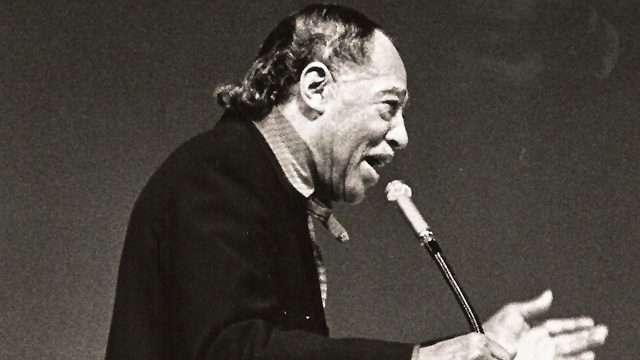
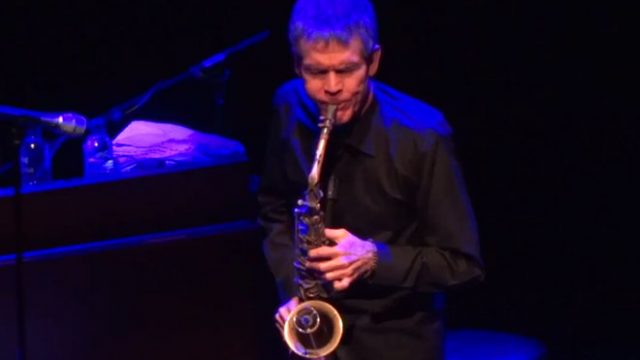

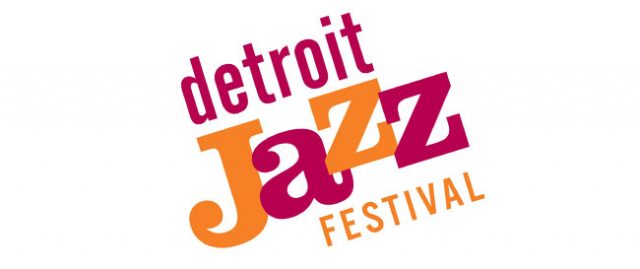

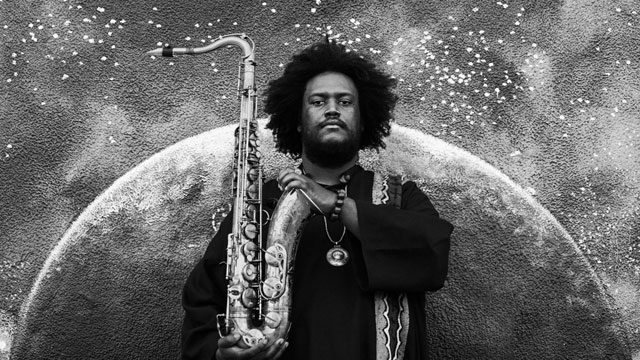
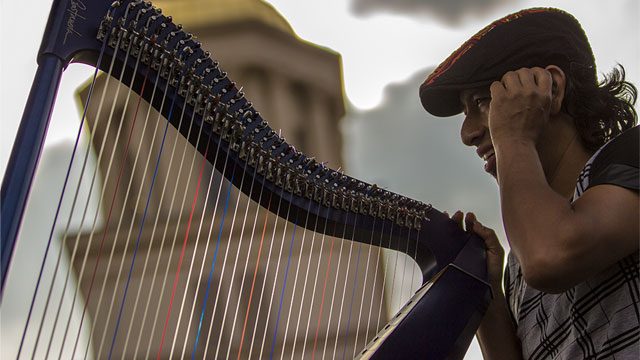
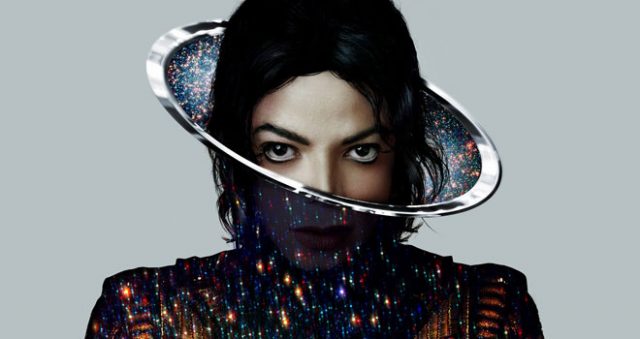
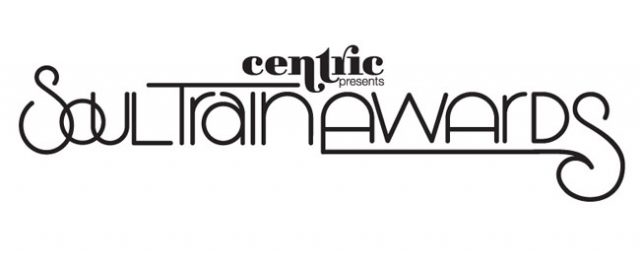
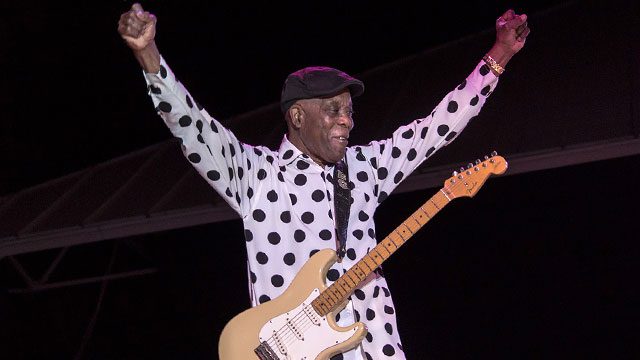
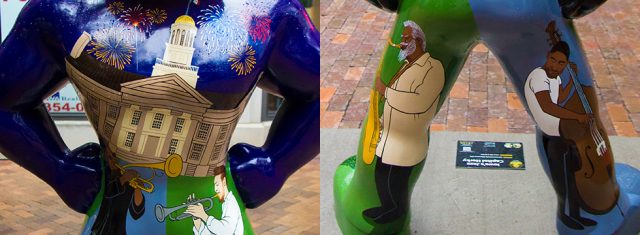
Have your say! Leave a comment below: